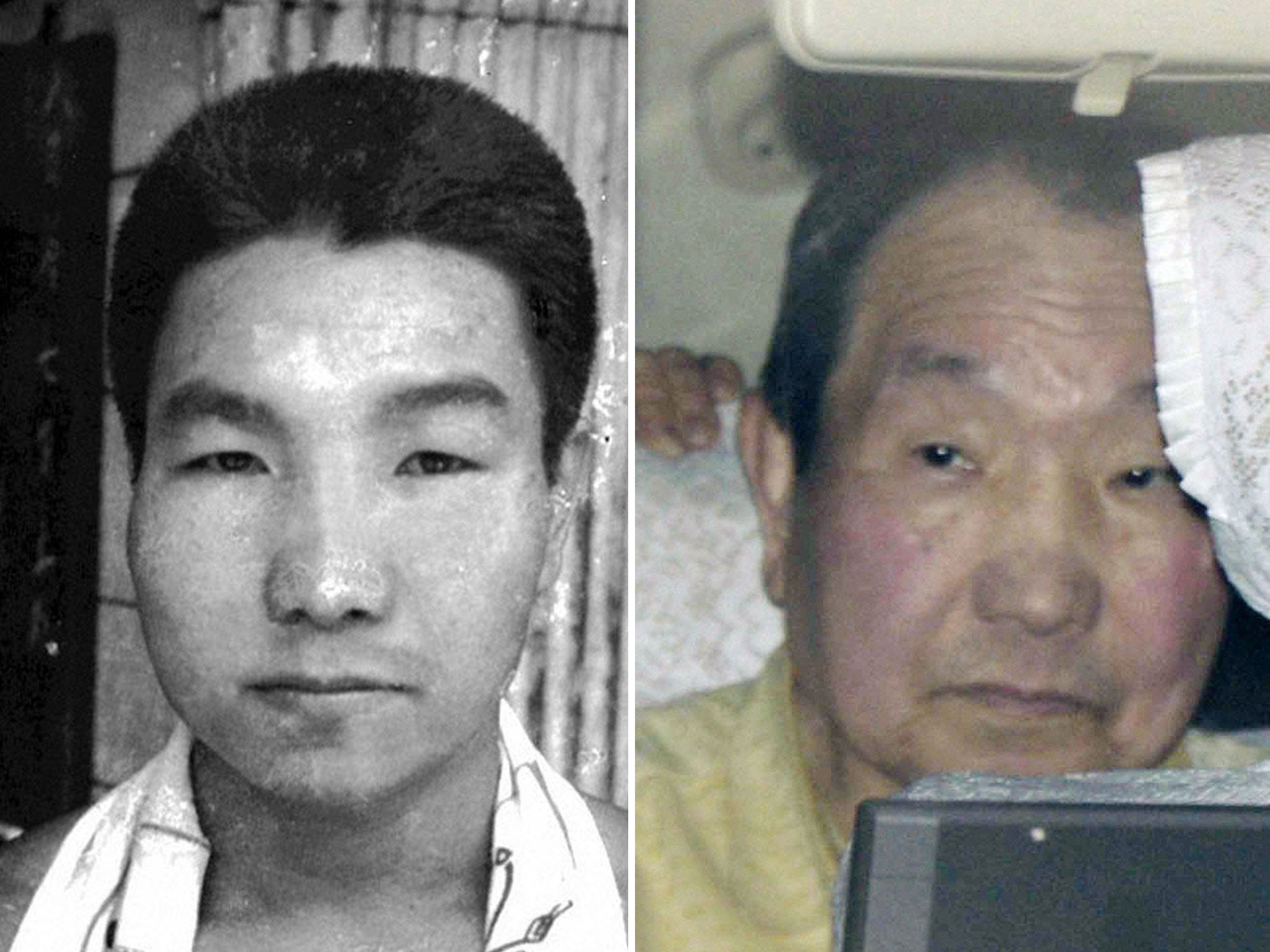Longest-serving death row prisoner Iwao Hakamada is freed after 48 years
Hakamada, 78, has been released amid doubts over evidence used to convict him

Your support helps us to tell the story
From reproductive rights to climate change to Big Tech, The Independent is on the ground when the story is developing. Whether it's investigating the financials of Elon Musk's pro-Trump PAC or producing our latest documentary, 'The A Word', which shines a light on the American women fighting for reproductive rights, we know how important it is to parse out the facts from the messaging.
At such a critical moment in US history, we need reporters on the ground. Your donation allows us to keep sending journalists to speak to both sides of the story.
The Independent is trusted by Americans across the entire political spectrum. And unlike many other quality news outlets, we choose not to lock Americans out of our reporting and analysis with paywalls. We believe quality journalism should be available to everyone, paid for by those who can afford it.
Your support makes all the difference.A Japanese court has ordered the release of an ageing prisoner who is believed to be the longest-serving inmate on death row, after spending 48 years behind bars.
Iwao Hakamada, 78 and showing signs of dementia, will face a retrial amid doubts about the evidence used to convict him.
The professional boxer was accused in 1966 of killing four people, including two children, and burning down their house.
He allegedly admitted to the killing but then retracted his confession, which he said was made under brutal police interrogation, and pleaded innocent during the trial. He was found guilty and sentenced to death.
The sentence was upheld by the Japanese Supreme Court in 1980 and Hakamada is believed to be the world's longest-serving death row inmate.
In Japan, capital punishment is carried out by hanging and prisoners do not know the date until the morning of the day they are executed.
Lawyers for Hakamada argued DNA tests on bloodstained clothing said to be their client's showed that the blood was not his.
Presiding judge Hiroaki Murayama has now ruled the death sentence should be revoked and ordered his release from jail, pending a re-trial.
Hakamado's sister Hideko, who battled for decades to clear her younger brother's name, hailed the ruling.
"I want to see him as soon as I can and tell him, 'You really persevered,'" she told a news conference. "I want to tell him that very soon now, he will be free."
Prosecutors, quoted by media, said they would appeal the ruling.
Additional reporting by agencies
Join our commenting forum
Join thought-provoking conversations, follow other Independent readers and see their replies
0Comments